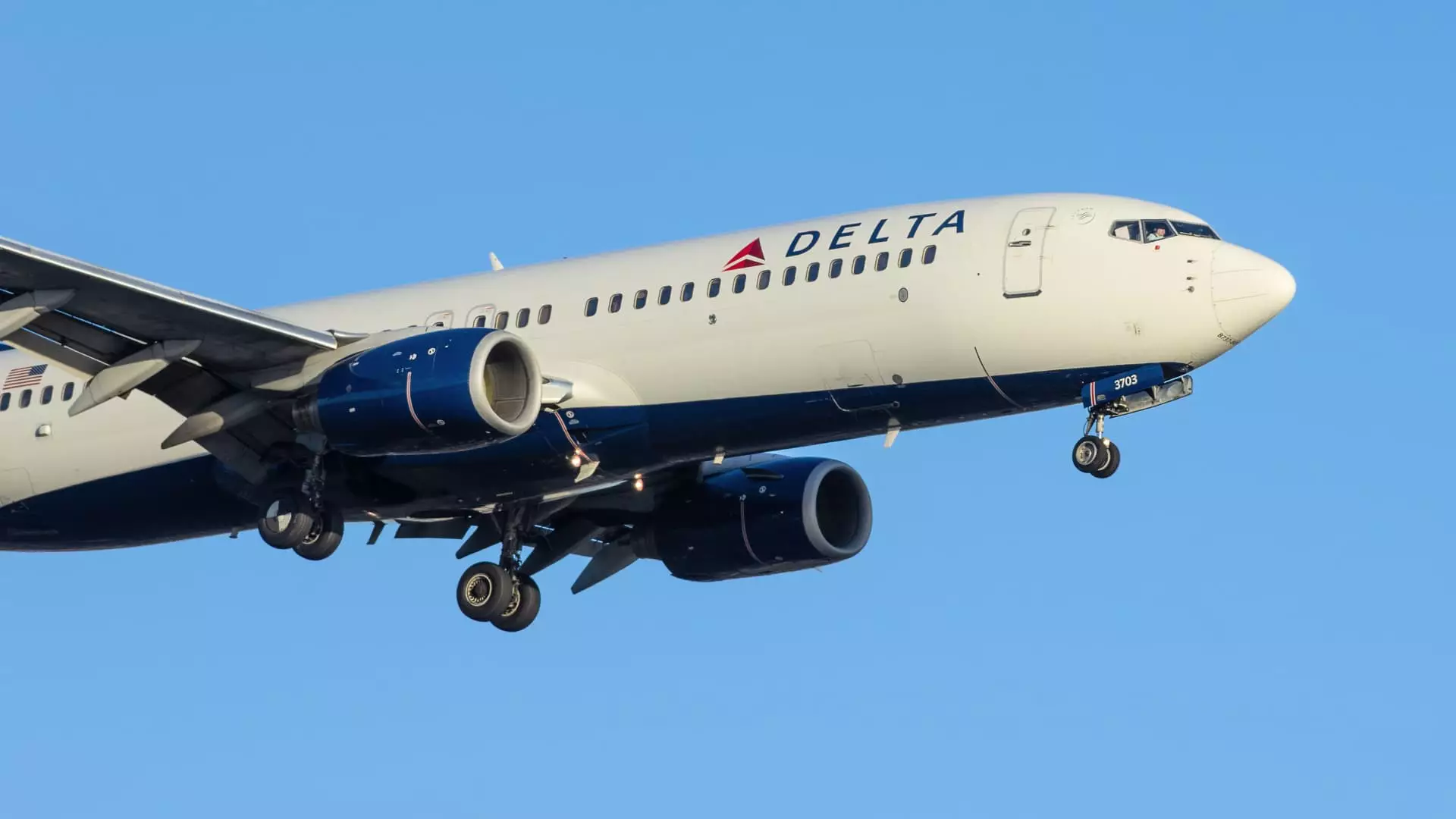Delta Air Lines has announced plans to increase its flight offerings at Austin-Bergstrom International Airport in an effort to gain a larger market share in one of the fastest-growing airports in the United States. The airline intends to add 11 nonstop flights from Austin in April, bringing the total number of peak-day flights to nearly 50.
Amidst American Airlines’ decision to cut 21 routes in Austin, Delta Air Lines sees an opportunity to capture more customers by expanding its presence in this thriving city. By introducing flights to Midland-Odessa and McAllen in Texas, as well as Raleigh-Durham in North Carolina, Nashville, and Cincinnati, Delta aims to enhance its connectivity and attract both business and leisure travelers.
Utilizing Austin as a Hub
In a strategic shift, Delta Air Lines plans to route connecting passengers through Austin’s airport. This approach allows the Atlanta-based carrier to leverage the city’s growing popularity as a destination and as a convenient connecting point for its extensive network. Eric Beck, the managing director of network planning, explains that this is the first time Delta will be utilizing Austin in this capacity and highlights the potential of the Texas market for the airline.
Texas as an Opportunity
Austin’s rapid population growth and investment from major corporations like Apple, Tesla, and IBM have contributed to the city’s allure. Delta’s decision to expand its operations in Austin was not solely driven by the influence of any single company but rather by the demand generated by corporate accounts and the identification of underserved routes. The airline recognizes the potential in serving McAllen and Midland, with the latter acting as a hub for the oil-rich Permian Basin.
Aviation analytics firm Cirium reports that Austin’s airport welcomed over 7.1 million passengers in the previous year, reflecting an 11% growth compared to pre-pandemic levels in 2019. This growth stands out in contrast to the 5% decline in passenger traffic across the United States during the same period. With such positive trends, it is evident why Delta Air Lines views Austin as a strategic location for expanding its operations.
As of September, Delta held close to a 14% market share in Austin, trailing behind Southwest Airlines at 40% and American Airlines at 22%. By adding new flight routes and capitalizing on the city’s economic development, Delta aims to make significant gains in market share. The airline recognizes the importance of establishing a strong presence in Austin to remain competitive and cater to the travel needs of the expanding population.
Delta Air Lines’ decision to expand its flight offerings in Austin demonstrates its commitment to capitalizing on the city’s growth and potential. By adding new nonstop flights and utilizing Austin as a connecting hub, the airline aims to attract both business and leisure travelers. With a competitive market share and a strategic focus on the Texas market, Delta is well-positioned to thrive in Austin’s rapidly expanding aviation industry.

